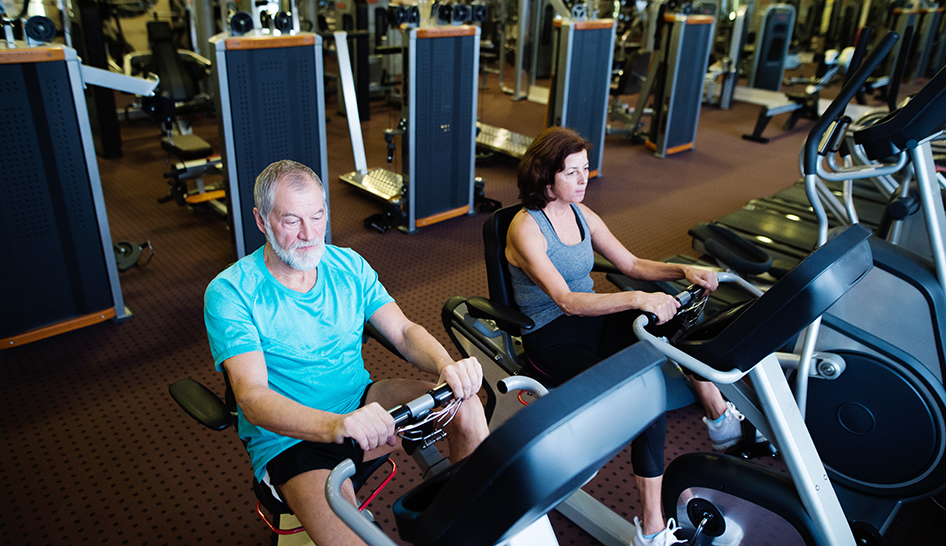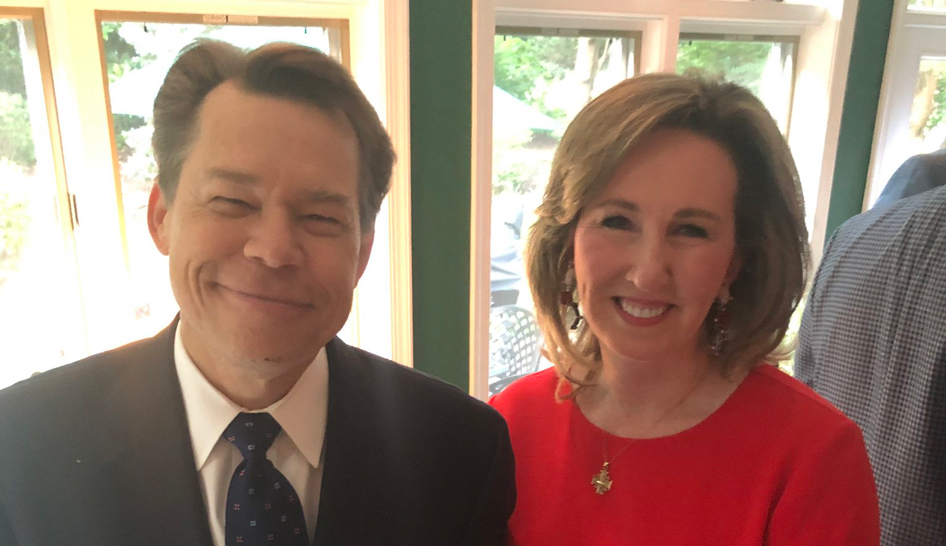The Cost of Not Being Engaged
"There's a cost to not being engaged," says Rehr. “Ultimately, everything comes down to cost, expense, or revenue.” For example, let's say a bill becomes a law that would cost your health club an extra $1,000 to $2,000 a month in taxes or administrative fees. That's an additional $12,000 to $24,000 a year. This extra cost could hurt your club's bottom line and mean the difference between expanding or having to let an employee go.
Bills that negatively impact health clubs can have a cascading effect through the whole ecosystem of that club's community and the fitness industry as a whole. If a bill like the one mentioned above became a law, your health club might have to raise membership rates to compensate. Increased prices could lead to fewer people working out, a rise in non-communicable diseases in your community, and more healthcare costs.
Fewer people frequenting your club means less people visiting the surrounding businesses. Raising operational costs for health club owners impacts the companies working with that club, as the club would have less money to spend on new equipment and services.
When it comes to legislation, Rehr says it's important to get a sense of what it is we are really talking about. It is not just about a potential new policy. "We're talking about [potentially] hundreds and millions of dollars, and people's lives, jobs, and salaries."
Whether club owners like it or not, the government is making decisions for them, and for many, everything seems fine, so they don’t think about proposed legislation. However, there may come a time when that is no longer the case, and the viability of their business could come down to a bill. If that happens, you don't want to be relying on other clubs to carry your weight.
Doing so will lead to their business making connections and getting stronger, leaving you no seat at the table. Even worse—like you—they may think someone else will take care of it. Then the whole industry could be in huge trouble. Rehr's advice is to always assume no one else is doing it. Which he says is hard for people to understand sometimes.
Advocating for your club and the fitness industry should be at the top of every club owner and operator’s to-do list—big and small. “People underestimate the power of influencing [lawmakers] directly,” shares Rehr.
In fact, in his experience, local businesses have the most impact on elected officials because they represent “real people,” they’re the place on the corner.


